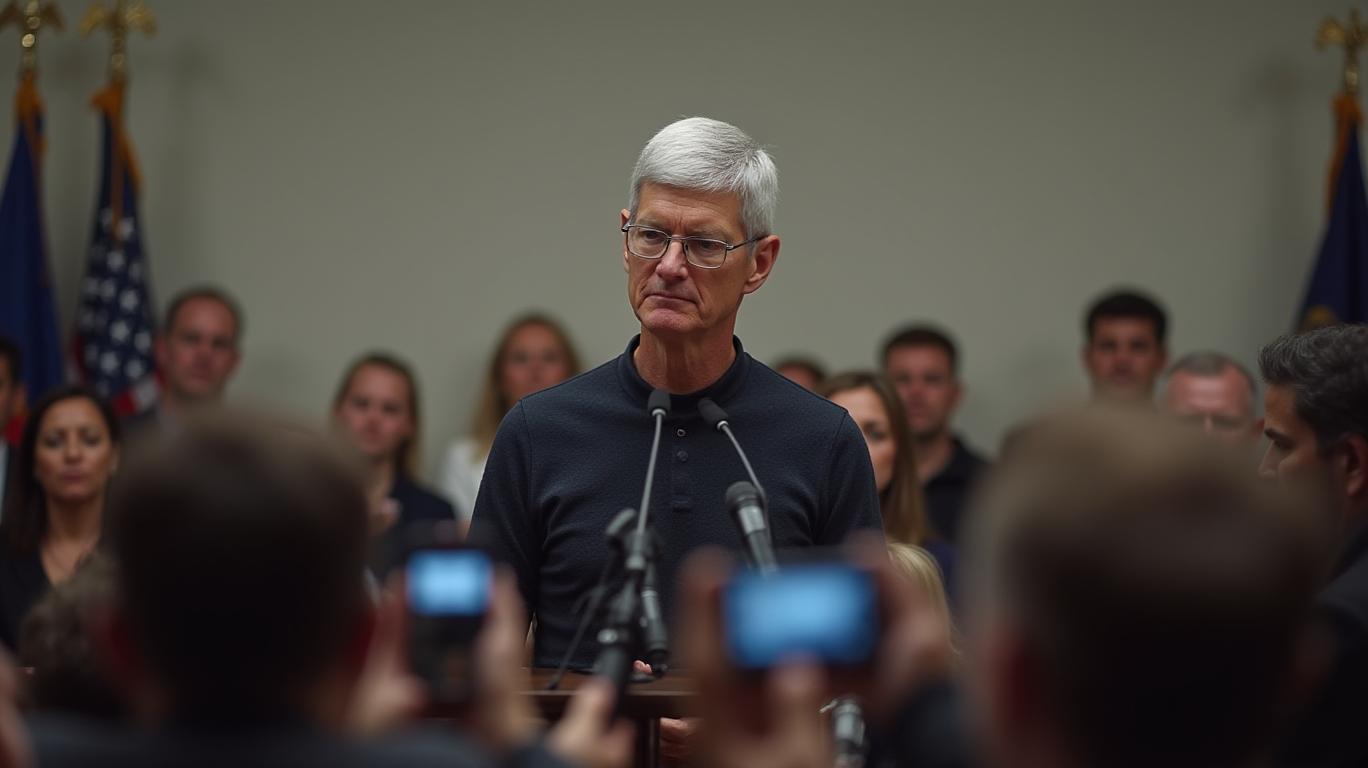GIC's 2025 Crossroads: Navigating Geopolitical Storms and Tech Uncertainties

The Government of Singapore Investment Corporation (GIC), a cornerstone of the nation’s foreign reserves, faces unprecedented risks in 2025 as geopolitical tensions, technological disruption, and climate pressures converge to test its long-term investment strategies. Once a paragon of prudent, diversified investing, GIC now confronts a landscape where traditional risk-management frameworks are increasingly inadequate. This article dissects the systemic challenges threatening its performance—and why investors should take heed.
Geopolitical Fragmentation: The New Normal
GIC’s $1.5 trillion in assets under management are exposed to a world fracturing along political and economic lines. Geopolitical conflicts, from the Russia-Ukraine war to U.S.-China tech decoupling, have upended assumptions of free capital mobility and stable returns. As GIC Chief Economist Prakash Kannan noted, investors now face a “profound uncertainty” marked by spiky inflation, supply-chain disruptions, and rising protectionism.
The fallout is evident. Investments in Russian bonds, once part of GIC’s fixed-income portfolio, were vaporized post-invasion, while European energy markets remain destabilized. Meanwhile, Middle Eastern conflicts threaten oil supply stability, with spillover risks to tech-dependent industries reliant on energy-intensive manufacturing. GIC’s 2025 strategy of deepening stakes in firms like Ramp (fintech) or Form Energy (clean tech) may struggle as geopolitical fragmentation limits cross-border collaboration and increases exit barriers.
Technological Uncertainty: The AI Paradox
GIC’s $13 billion investment in Ramp—a fintech firm—highlights its bet on tech-driven growth. Yet the rise of generative AI introduces a stark paradox: while semiconductor and cloud infrastructure sectors thrive in an “arms race” for computing power, software monetizers and adopters face uncertain returns. As GIC’s research notes, billions poured into AI development lack clear breakthrough applications, leaving investors exposed to write-down risks.
The tech sector’s volatility is compounded by “friend-shoring,” where supply chains are regionalized to avoid geopolitical risks. This shift threatens GIC’s exposure to global tech giants, which now face fragmented markets and eroded scale advantages. For instance, Zum, a GIC-backed electrification firm, could see delayed growth if energy costs spike due to AI’s soaring demand for power.
Climate Stressors: The Funding Gap
Climate adaptation costs are outpacing investment, with developing nations requiring $366 billion annually to combat extreme weather—a gap GIC’s climate partnerships, such as with Form Energy, may struggle to fill. Rising energy demands from AI infrastructure further strain systems already buckling under heatwaves and droughts.
GIC’s real estate and infrastructure portfolios, including its $20.5M stake in GIC India (Pune), face physical risks like flooding and heat stress. Meanwhile, decarbonization mandates could devalue fossil fuel assets, a risk GIC has mitigated only partially through its renewable investments.
Structural Weaknesses in Diversification
GIC’s traditional diversification strategy—spreading investments across 40+ countries and asset classes—is losing efficacy. As asset correlations erode, once-unrelated markets now swing in tandem due to inflation and interest rate pressures. For example, equities, bonds, and real estate, historically seen as countercyclical, now often move in lockstep during crises.
This leaves GIC vulnerable to systemic shocks. Its 2025 focus on granularity (smaller, less concentrated bets) and liquidity buffers may offer limited protection if entire regions or sectors collapse. The 2023 Russia-Ukraine crisis, which wiped out entire portfolios overnight, serves as a stark warning.
Conclusion: A Risky Road Ahead
GIC’s 2025 performance hinges on its ability to pivot from a “diversify and hold” mindset to one of agile geopolitical hedging and selective tech bets. Yet the data paints a grim picture: geopolitical fragmentation is here to stay, climate adaptation funding lags, and AI’s ROI remains murky. With $2.3 trillion in global assets at risk from these forces—and a 15-year India office anniversary overshadowed by regional instability—GIC must brace for turbulence.
Investors should heed the warning: in a world of “spiky inflation” and fractured markets, even sovereign wealth funds are no longer insulated from volatility. The stakes have never been higher—and the margin for error, narrower.
Jeanna Smialek is a financial analyst specializing in global macroeconomic trends and sovereign wealth strategies. Her work focuses on dissecting systemic risks in a post-pandemic, climate-conscious world.

_b905d9341749265671656.jpg)








